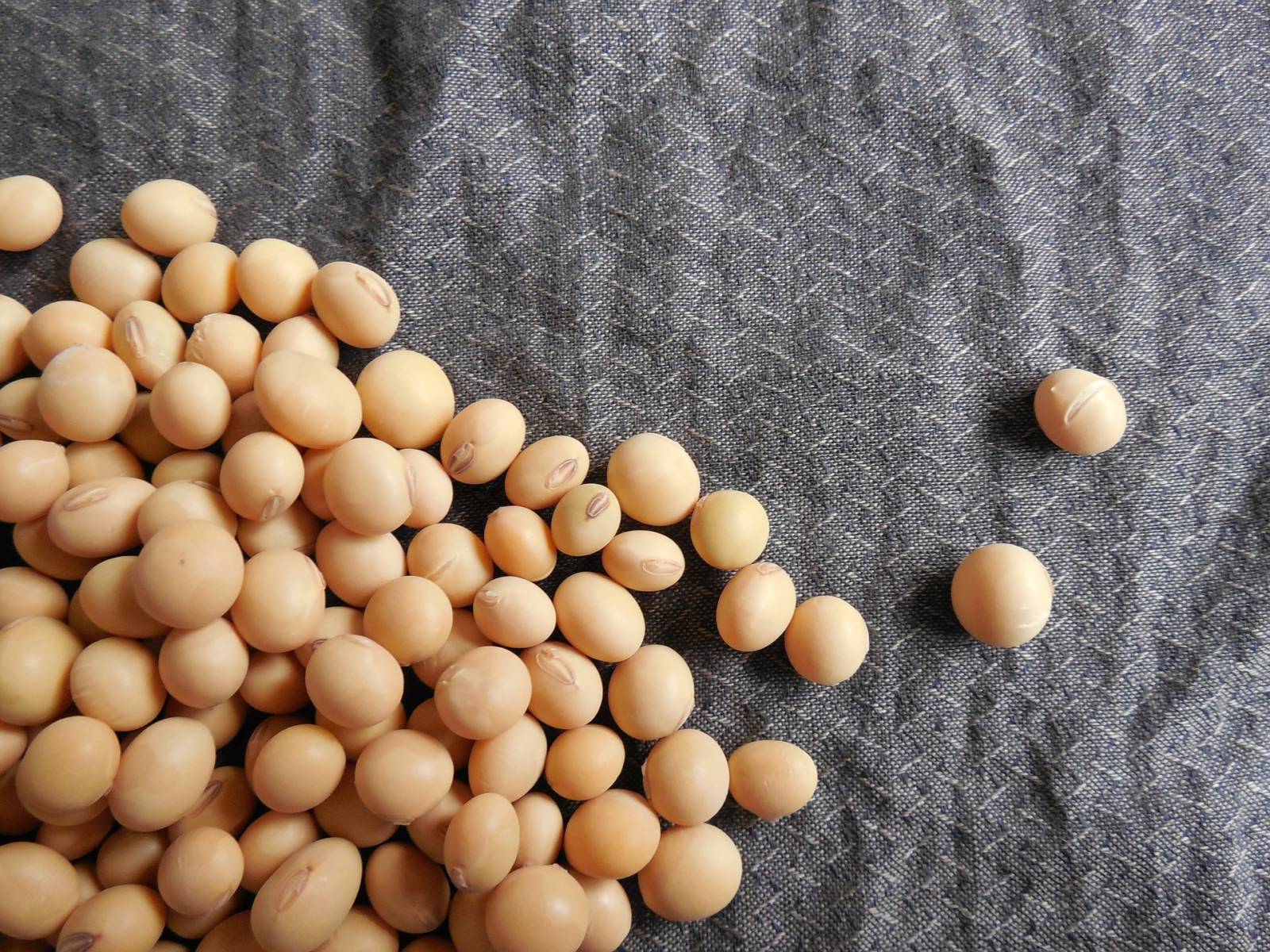The U.S. Soy industry continues to work diligently with the World Initiative for Soy in Human Health (WISHH) to develop emerging markets. Since its creation in 2000, WISHH has been enhancing the protein intake of many nations through market development, education and research. The program carries a focus on trade and long-term market development for U.S. soybean farmers, while fueling economic growth and value chain development.
More than 140 attendees from 16 countries participated in the first Sustainable Agricultural Intensification and Nutrition (SAIN) Conference, earlier this year in Cambodia. Kansas State University’s Feed the Future Innovation Lab for Collaborative Research on Sustainable Intensification (SIIL) and the Center of Excellence on Sustainable Agriculture Intensification and Nutrition (CE SAIN) at the Royal University of Agriculture in Phnom Penh, Cambodia, organized it.
Alan Poock, who directs the Asia Division of the World Initiative for Soy in Human Health (WISHH), delivered a talk and led a roundtable about his organization’s work with the private sector and how it complements public research and development activities. SIIL and CE SAIN aim to increase the level of engagement with the private sector, so they appreciate the partnerships WISHH is developing with feed mills and other commercial enterprises in Cambodia.
WISHH forms agricultural value chains in emerging markets, creating trade and sustained demand for U.S. soy. Created in 2000, it is an American Soybean Association program. Kansas Soybean Commission Chairman Kurt Maurath, Oakley, serves on the WISHH committee. This story was originally published as ‘WISHH Works with K-State Cambodia’ by the Kansas Soybean Commission.
